
5 Of Our Favourite Non-English Movies Of The 2020s (So Far)
Cinema is a universal language. Whilst Hollywood gives us a lot to be excited about year after year, it would be not only a great shame but a great injustice to not look at the masterful stories coming from the rest of our 195 countries.
From Seoul to Iceland, Iran to Norway and France, let's take a look at some of them:
Return to Seoul (2022)
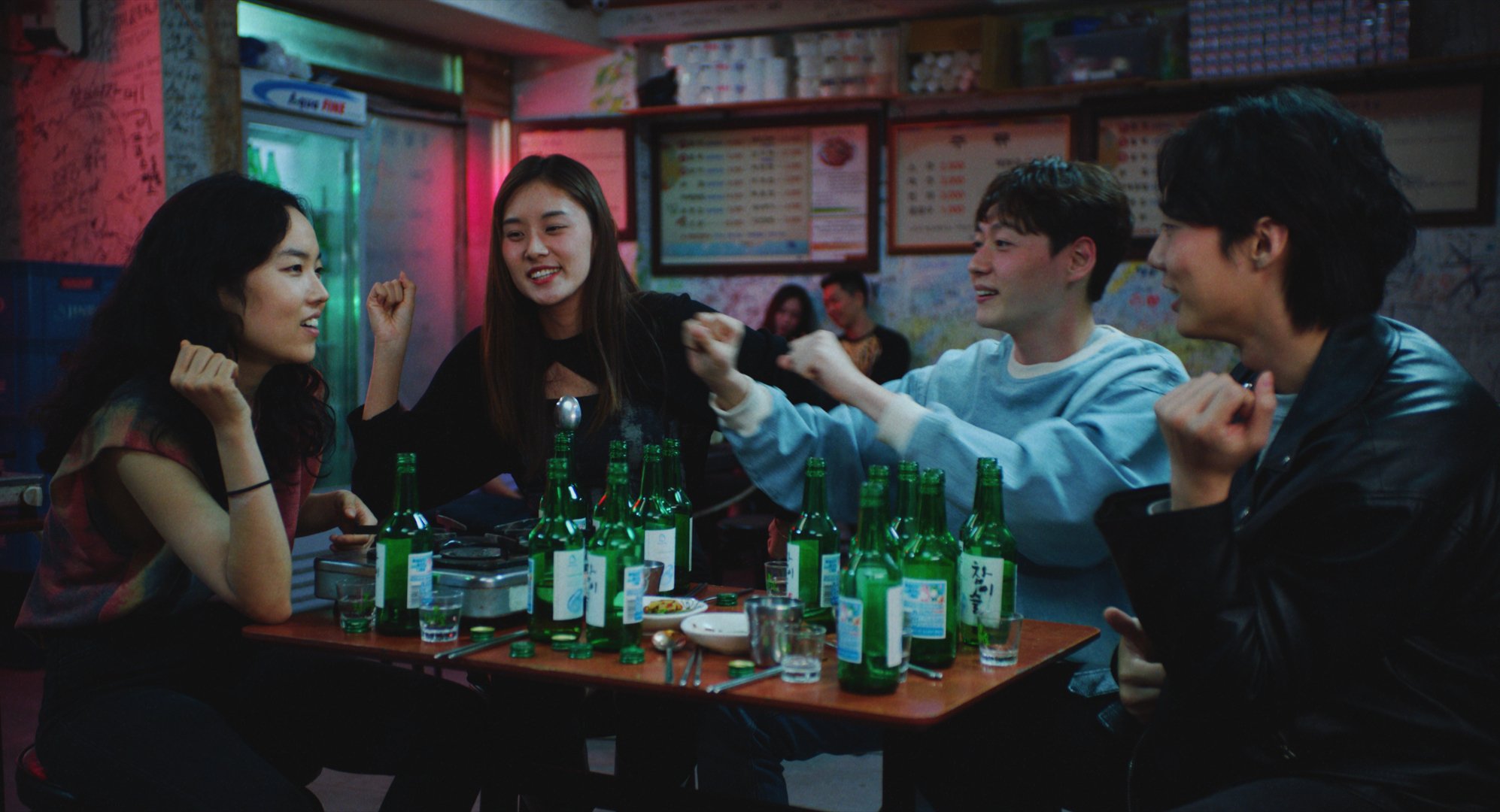
Written and directed by French-Cambodian filmmaker Davy Chou, Return to Seoul is the tale of a young woman going on a search for her birth parents. It was chosen as the Cambodian entry for the 2023 Oscars and much like other recent East-Asian-centric films as Celine Song's Past Lives and Lulu Wang's The Farewell, it is a film of identity and one's understanding of it. Laden with an air of sadness, it’s an emotional, sometimes awkward film of loss, anger, acceptance, and a longing for belonging (+1 for rhyme).
The film follows Freddie Benoit (played by Park Ji-min, herself a Korean with adoptive French parents, in a brilliant acting debut), who was born in South Korea but adopted as a baby by French parents who moved her to their home country. On a whim, she flies to South Korea to learn about her birth parents and try to get into contact with them. She is successful and spends some time with her biological father, but her mother whom he is separated from, proves more difficult to reach. As well as not speaking the language, she struggles with the cultural differences between her birth country and what she knows in France. Freddie is a confident, outgoing person, but her actions are often erratic and repelling to those around her, and her free spirit clashes with Korean cultural norms.
She is taken aback by her father’s way of openly expressing his regret of giving her away and begs her for forgiveness through multiple calls and e-mails, trying to win over his estranged daughter and wanting her to stay with him in Korea. Similarly, a one-night stand declares his love for Freddie and she airily rejects him too. But as she refuses to be a part of her father’s and Jiwan’s (one-night-stand guy) lives, her biological mother refuses to be a part of hers. Perhaps Freddie’s egotism and her indifference to how her words and actions might hurt people is inherited from this absent woman. At one point, she remarks to her boyfriend “I could wipe you from my life with a snap of my fingers.” She also begs the question: “Did my mother ever think about me?”, a question that she may never be able to live beyond.
Lamb (2021)
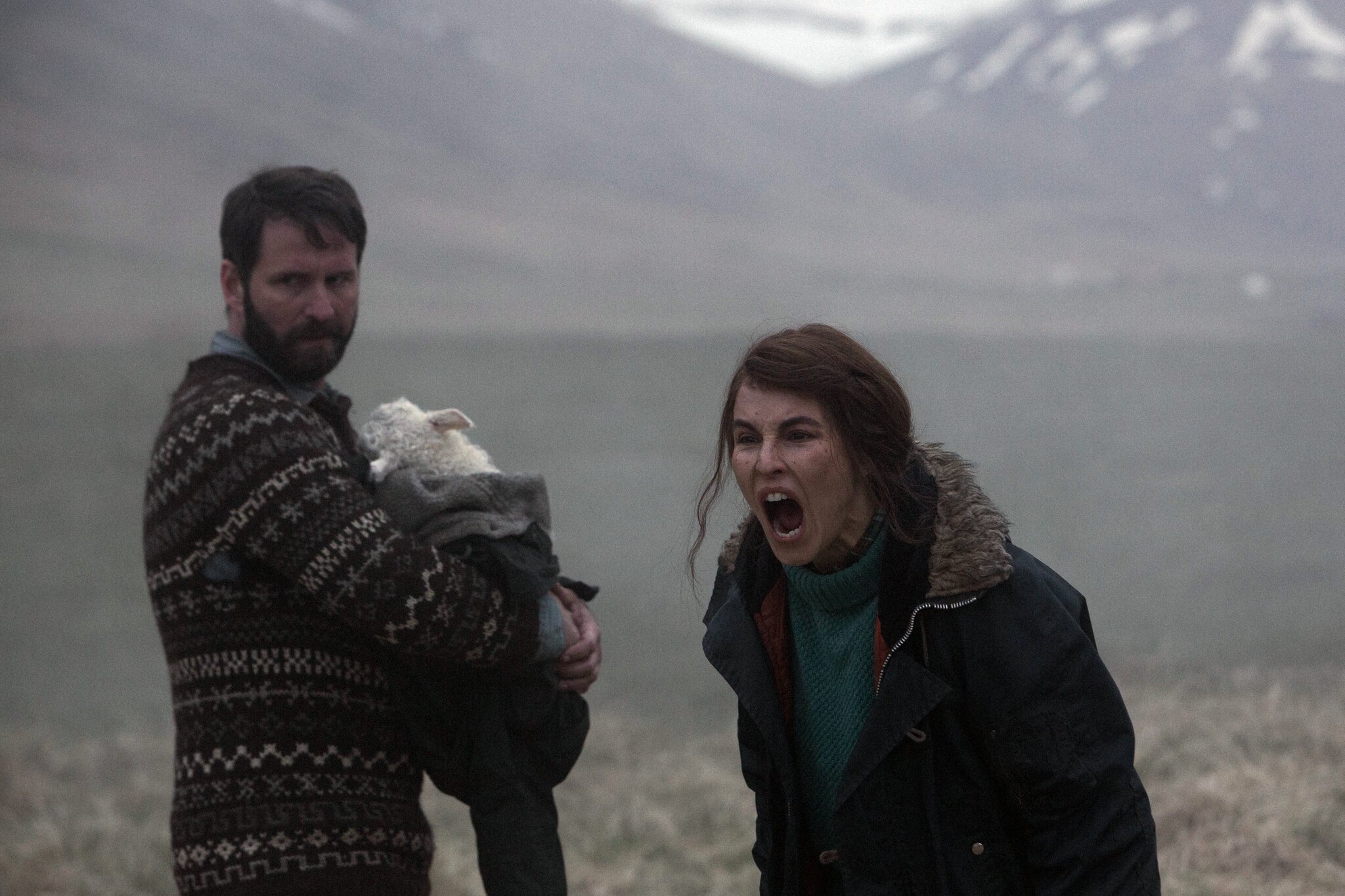
Valdimar Jóhannsson's Lamb continues A24's commentary on farm animals being evil. First billy goats, then seagulls and now this. It stars Noomi Rapace who brings her undeniable charm alongside Hilmir Snær Guðnason as married couple Ingvar and Pétur. Lamb is essentially the story of a couple searching for happiness, or at least some version of it, as they adopt a sheep/human hybrid baby born on their farm and raise it as their own- replacing their own late daughter, who was named Ava, as they name the lamb-child.
Lamb is a stunning film with the green hills and scenery of Iceland ever-present and the tranquil nature of the affair just evokes a feeling of relaxation at the same time as a feeling of dread, as Ava’s biological mother becomes a nuisance trying to take her daughter back- either that or a harrowing warning of what’s to come.
Selected as the Icelandic entry for the Best International Feature Film at the 2022 Oscars, Lamb is a slow-burn fable and one that has very methodical and deliberate dialogue, utilizing the surroundings of the farm, fields, and the sounds they bring. Lamb is a sombre, intimate and cautionary tale of nature, nurture, and disruption of the process.
Petite Maman (2021)
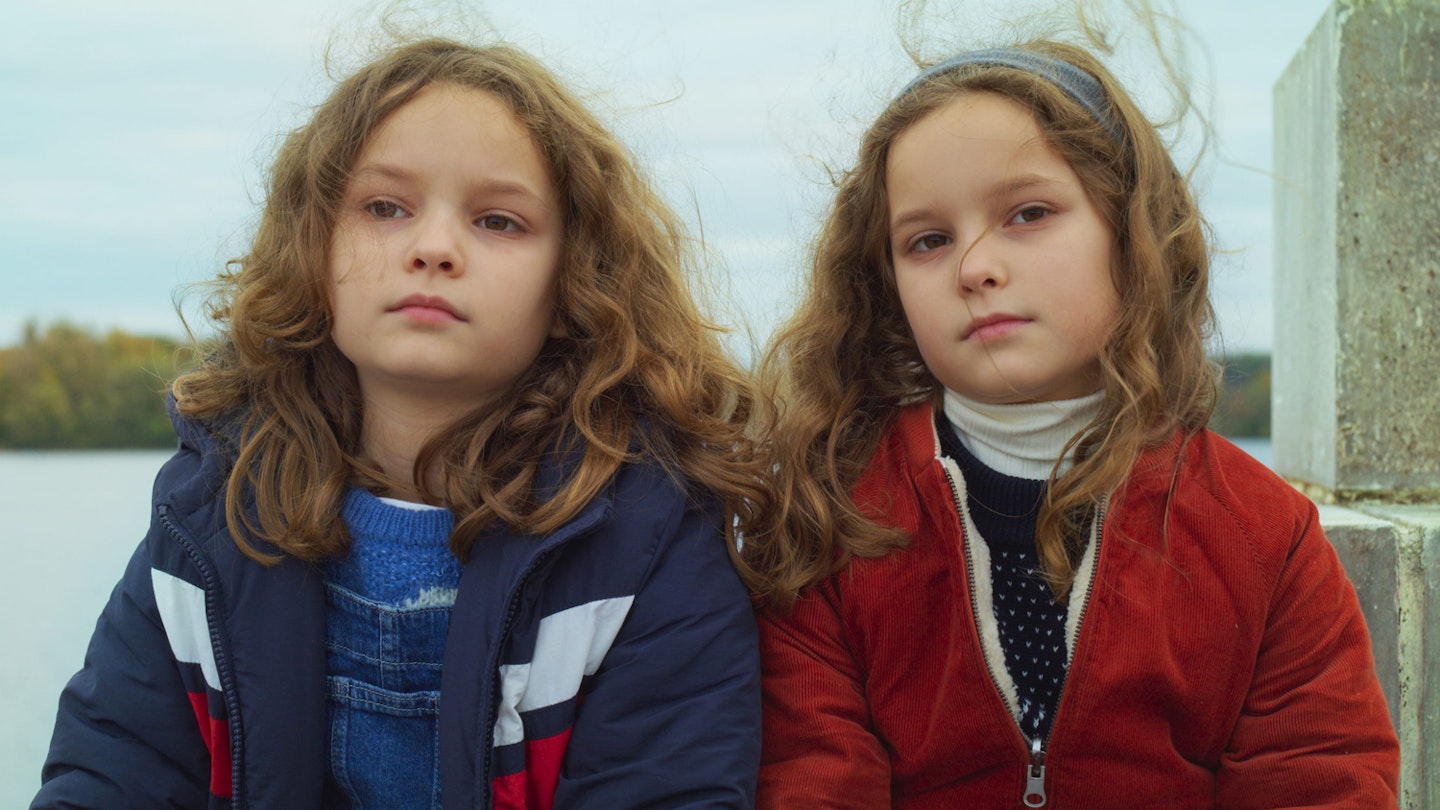
Petite Maman is a heartwarming and heartbreaking story by Céline Sciamma about an eight-year-old girl dealing with the death of her grandmother by bonding with her mother. Sounds straightforward right? Well, it is but it’s also not. She bonds with her mother yes but not in the way you’d expect. Upon venturing out into the woods near her grandmother’s house, Nelly meets a girl named Marion, a name she shares with Nelly’s mother. Nelly and Marion become friends (the girls played by real-life twins Josephine and Gabrielle Sanz) and play together before Marion takes Nelly to her home where she reveals that her own grandmother, also named Nelly, passed away recently too.
Marion shares Nelly’s mother’s name because she is in fact her mother, as a child. Her mother in the present is distant and withdrawn, her mother in the past is perhaps exactly what she needs right now- to be spoken to in the direct honesty as somebody her own age would. It’s the realisation that once upon a time, our parents were our age too and had the same feelings, fears, doubts and uncertainties about the future. It’s a special thing to bond with our parents, but to see it play out so wholesomely as a friendship between two young girls whether you’re 5 or 75, will surely tug at your heartstrings.
Petite Maman is a short film, clocking in at just 72 minutes but is an endlessly profound fairytale, parable, and ghost story. It was nominated for the BAFTA for Best Film Not in the English Language.
Holy Spider (2022)
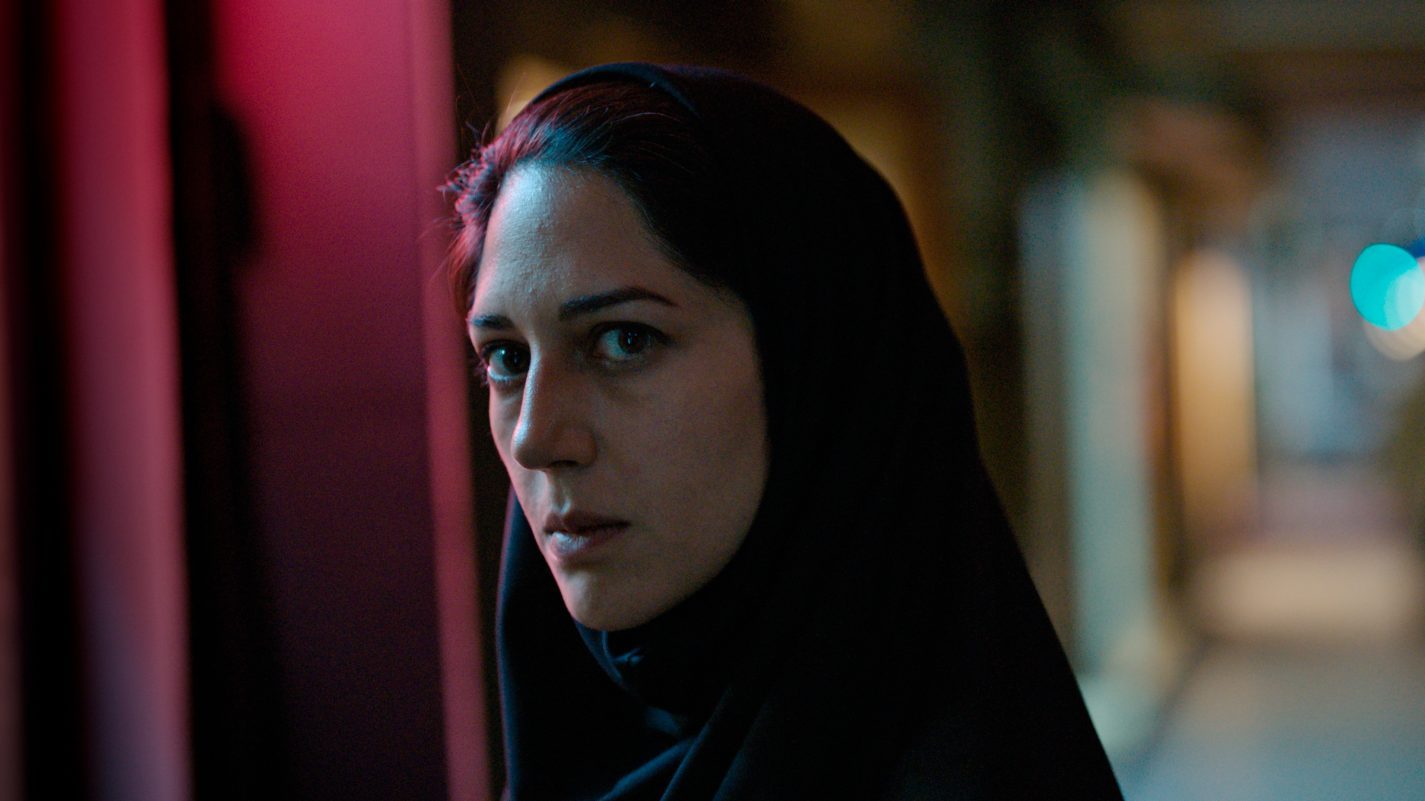
Holy Spider is based on the true story of serial killer Saeed Hanaei, who killed 16 street prostitutes between 2000 and 2001 in Mashhad, Iran. So, if you’re thinking that this film directed by Ali Abbasi might be a little heavy and graphic then you would be absolutely correct. Holy Spider pulls no punches depicting gruesome strangulation murders with bleeding eyes and faces turning purple. Holy Spider takes on a noir feel akin to works such as David Fincher’s Zodiac which one can only assume was a direct stylistic influence.
Depicting a fictional female journalist (Zar Amir Ebrahimi) investigating the case of Hanaei (Mehdi Bajestani), a well-liked family man who believes that he is cleansing the city by ridding it of said prostitutes, whom he believes to be immoral and corrupt, and he does so in the name of Imam Reza. Both performances are masterful with Bajestani as the cold, unrelenting “Spider Killer” as the media dubs him, for his pattern of luring victims to his home before disposing of them. He genuinely believes that his actions are justified, and his distant eyes as he talks about them are genuinely frightening. Ebrahimi’s journalist is strong-willed and unafraid to put herself into daring situations.
Holy Spider was awarded Best Actress at Cannes 2022 and was chosen as the Danish entry for the 2023 Oscars (the film is a Danish-Swedish-German-French co-production and was not filmed in Iran). Ali Abbasi stated that he didn’t want to make a serial killer movie per se, but rather use it as a package for a depiction of the deep-rooted misogyny in Iranian society, and “underline the complexity of the issue and the stakes on different sides, especially on behalf of the victims.”
The Worst Person in the World (2021)

The Worst Person in the World is one of the most honest depictions of being human that has ever been shared on the screen. Joachim Trier’s character-driven story is the third installment in his thematic Oslo trilogy and follows twenty-something-year-old Julie. Julie (Renate Reinsve) struggles to stick to anything in life- going from one place, job and relationship to the next, ultimately waiting for something to click, for her to be ready for the rest of her life, whenever that’ll be.
Nominated for Best Original Screenplay and Best International Feature Film at the 2022 Oscars, the film looks at modern life and how many of us make rash decisions in the hopes that it will lead us to something better; it’s about what people want from life at different times, it’s about that inevitable life-clock that ticks and ticks as we worry that we aren’t there yet. In a well-deserved Best Actress win at Cannes 2021, Reinsve is believable and relatable in all ways- the best of us as a race and the worst. In a line that perfectly illustrates the film’s central theme, one of Julie’s romantic prospects, Aksel, states:
“I always worried something would go wrong, but the things that went wrong were never what I worried about.”
The title of the film refers to the phrase one might remark after having messed up- “I’m the worst person in the world.” At one time or another, we have all felt like the worst person in the world. In Julie’s case, it’s because she seems to purposely sabotage the good things in her life in order to stay safe, as we as humans have a tendency to try to control everything. We can’t. Messing up is a part of being human. We dust ourselves off, move forward and realise that life is as much about the downs as it is the ups, and we shouldn’t go through it always worrying about what’s next.
Which others would you add?


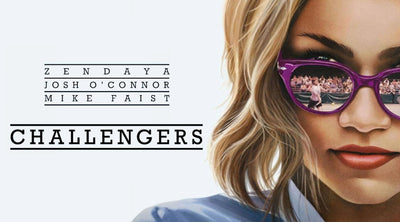


Leave a comment